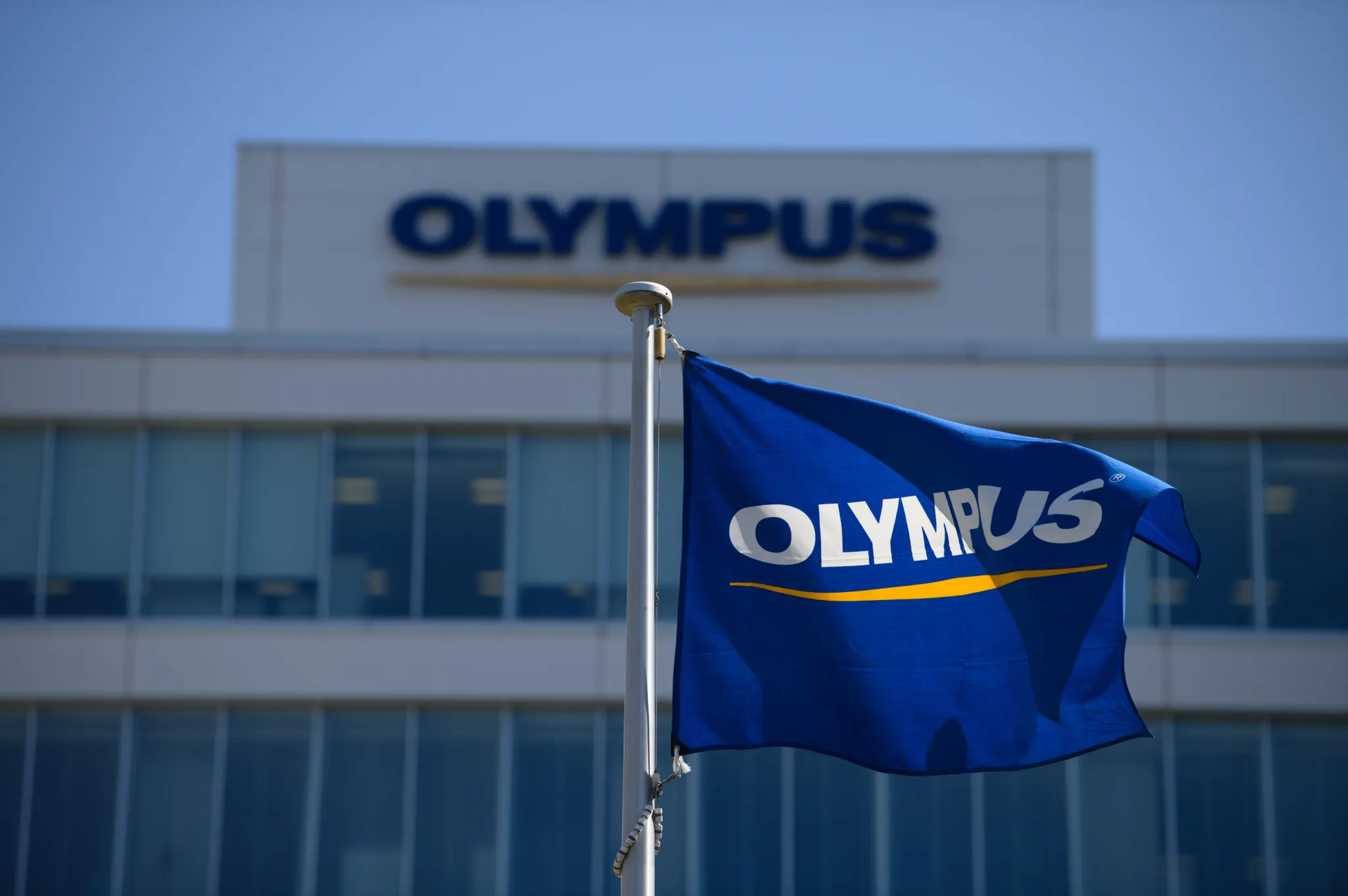Harvard's president to quit amid intense backlash over her response to antisemitism and plagiarism allegations, school newspaper says
Claudine Gay will step down as president of Harvard University, ending a brief and tumultuous tenure marred by allegations of plagiarism and a campus controversy over antisemitism, according to the Harvard Crimson, which cited a person with knowledge of the decision.
Her exit is a dramatic about-face from her acclaimed start in July as Harvard’s first Black president. Even as recently as Dec. 12, she enjoyed the unanimous backing of Harvard Corp., the university’s governing council. Since then, however, new questions have surfaced about her academic work, and a donor revolt over the school’s handling of antisemitism has only worsened.
A university spokesperson declined to comment to the Crimson and didn’t return calls to Bloomberg.
Gay’s abrupt downfall, the second departure in recent weeks of an Ivy League president, underscores the furor on campus following the Oct. 7 attack by Hamas on Israel. Attention is now likely to shift to Harvard Corp., which is led by former Commerce Secretary Penny Pritzker and has been asked by Congress to account for how it responded to the accusations of plagiarism.
Opposition to Gay had been building for weeks in the wake of the attack by Hamas, which is designated a terrorist group by the US and European Union. One of her predecessors as Harvard president, Larry Summers, criticized the university for not speaking out after more than 30 student groups blamed Israel solely for the violence. Gay subsequently condemned the “terrorist atrocities.”
At the same time, however, another controversy had started to swirl around Gay fueled by articles in conservative-leaning media questioning whether she had committed plagiarism.
Allegations of wrongdoing in research are among the most serious in academia. Stanford University President Marc Tessier-Lavigne announced his resignation in July after months of scrutiny of his scientific work that began with reports in the school’s student newspaper.
In August, he retracted two papers — flawed brain studies from 2001 that had been cited hundreds of times by other scientists, a sign of their acceptance as important scholarship. Tessier-Lavigne remains a faculty member at Stanford. A special committee of Stanford’s board – which included Harvard Corp. member and former Princeton President Shirley Tilghman— began the review of allegations of research misconduct in December 2022
In backing Gay on Dec. 12, Harvard Corp. said it had examined her work as a political scientist and found “a few instances of inadequate citation” but no violation of Harvard’s research standards.
Gay’s standing worsened Dec. 20 when Harvard that it had found two more examples of “duplicative language without appropriate attribution.”
In addition, the House committee, which had already announced an investigation of antisemitism at Harvard, widened its focus to include the school’s handling of the plagiarism allegations against Gay. Committee Chair Virginia Foxx, a North Carolina Republican, sent a letter to Pritzker and asked Harvard for a response by Dec. 29.
Gay is the daughter of Haitian immigrants and earned her Ph.D. at Harvard in 1998. After teaching at Stanford, she returned to Harvard in 2006 as a professor of government.
She held a number of administrative positions, including dean of Harvard’s Faculty of Arts and Sciences, before being named president. Gay is a scholar of political behavior, considering issues of race and politics in America.
Gay took the reins at the Cambridge, Massachusetts-based school on July 1, two days after the Supreme Court ruled against the university in a case that effectively banned race in undergraduate admissions.


